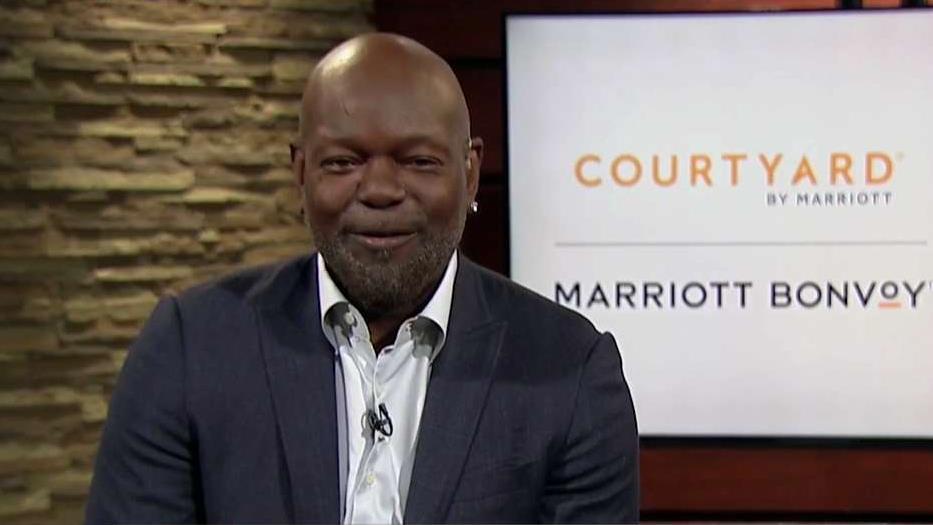Fantasy football costs employers billions but still trails March Madness
Fantasy football is a borderline obsession for many participants, but it is a stumbling block for employers who are set to lose billions in productivity this NFL season.
In essence, what is a hobby can become a second job in and of itself, leaving a significant impact on the economy. With the NFL season having kicked off last week, fantasy football owners are tuned into their teams at a growing rate that can easily spread its tentacles into work hours.
According to a survey of 600 fantasy football owners by OppLoans, a shockingly high number of participants let the hobby overlap into other tasks or responsibilities. The survey said that 96.6 percent of respondents will manage their team during work hours.
And the total amount of time spent officially on the work clock on their teams is 6.9 hours per week, according to the OppLoans survey. That is nearly a full day of productivity per week lost during the course of the NFL season.
Even if that number is high, other estimates in terms of dollars and cents are still staggering. Unlike the OppLoans survey, a Challenger, Gray & Christmas study determined that fantasy football owners spend 2.5 hours per week at work on their teams. They estimate the loss of productivity to fantasy football for employers is $9 billion.
Either way, the numbers are staggering in terms of the loss of time to employers. That loss in productivity number of $9 billion is pretty steep, but still trails the ever-popular March Madness. The NCAA Tournament is a heavy hitter, costing employers over $13 billion in lost productivity.
“The NFL season lasts much longer than March Madness tournament, but there are far fewer participants,” Andrew Challenger, vice president of Challenger, Gray & Christmas, told FOX Business. “Fantasy sports tend to attract the office sports nuts, but in March Madness the co-worker that makes bracket picks based-on jersey colors has nearly as good a chance as the die-hard college basketball fan."
The firm specializes in management restructuring, executive searches and general consulting.
The Challenger, Gray & Christmas study reached its conclusion based on research that suggests 12 million Americans participated in at least one fantasy football league last year. Of that number, the estimates are that 7.5 million of that number would be employed.
For some fans, it is a matter of perspective and balance.
John Hardcastle is a software developer who lives in a suburb of Philadelphia. He is all-in on fantasy football and is currently in three leagues, two of which are dynasty leagues.
"It can be a challenge to balance priorities," said Hardcastle, who estimates he spends about five hours weekly on this hobby. He says that relegating the management of his fantasy football teams to his downtime and after-work hours certainly helps him hit that right chord.
“The leagues that I am in are with friends that I know both in work and outside of work,” Hardcastle said. “To have that balance of work and fantasy football I text my friends after work or during [my] lunch break if I need to discuss a trade or want to run a start/sit question by them.”




















